- Category
- World
How Russia Uses TikTok to Recruit Foreigners into Fighting in its War
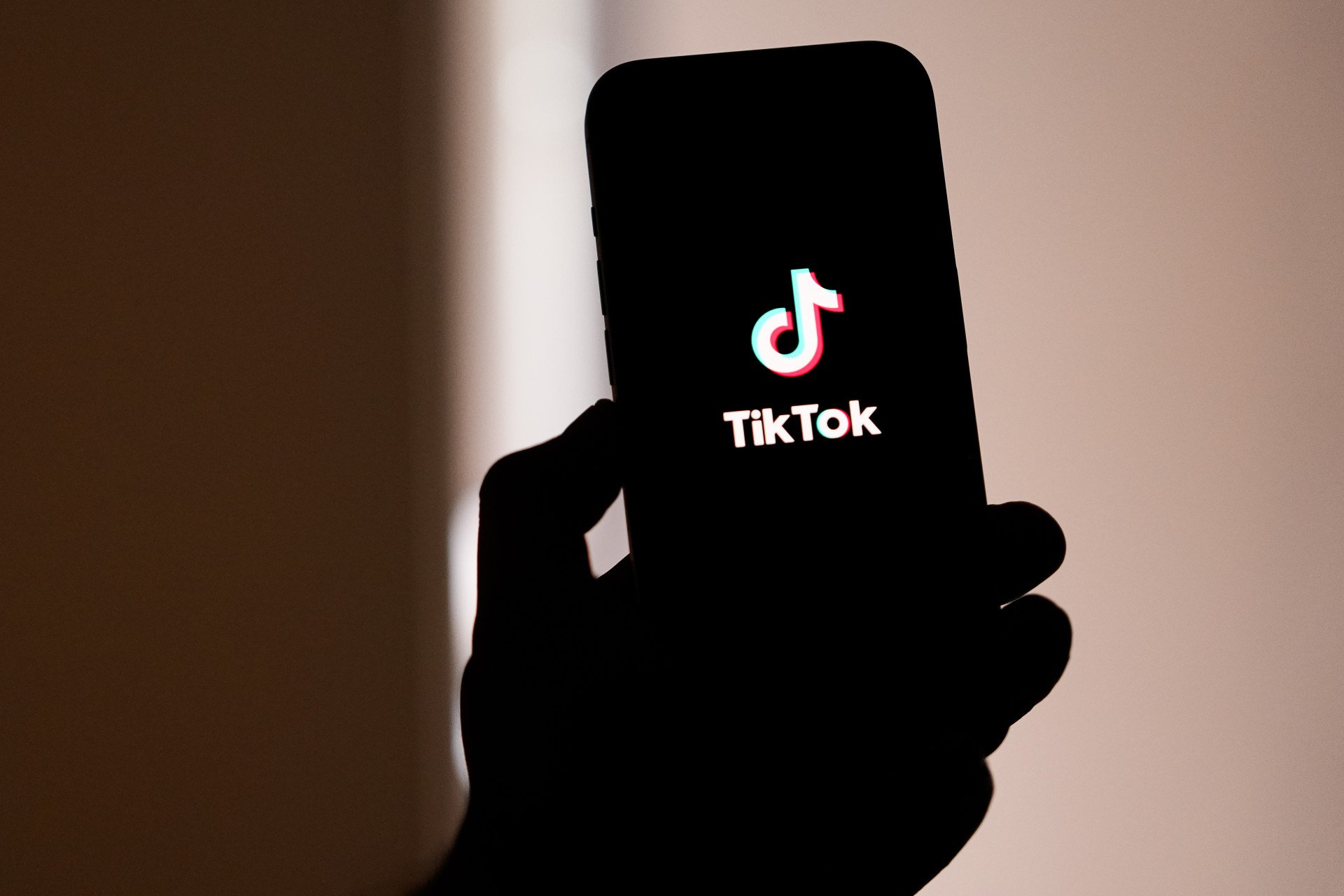
Two Chinese POWs say they were recruited to fight for Russia via TikTok videos, raising alarms over online propaganda targeting foreign nationals.
Ukrainian authorities recently identified more than 160 Chinese nationals fighting for Russia. In a press conference in April, two Chinese nationals detained by Ukrainian forces claimed they were recruited through TikTok, the Chinese-owned social media platform.
TikTok has dominated headlines this year. In January, the U.S. government moved to ban the app, though the measure was ultimately blocked after last-minute intervention by President Donald Trump. Many have questioned TikTok’s security practices, alleging it captures sensitive user data.
Now the platform is making headlines again, as professionally produced Russian recruitment videos circulate on TikTok. Two of the app’s users didn’t just watch—they enlisted.
From TikTok to Russia’s Frontline
On April 8, Wang Guangjun and Zhang Renbo were taken captive in Ukraine’s Donetsk region, the Security Service of Ukraine (SBU) confirmed. One soldier fought with Russia’s 157th Motorized Rifle Brigade; the other served with the 1st Battalion of the 81st Motorized Brigade.
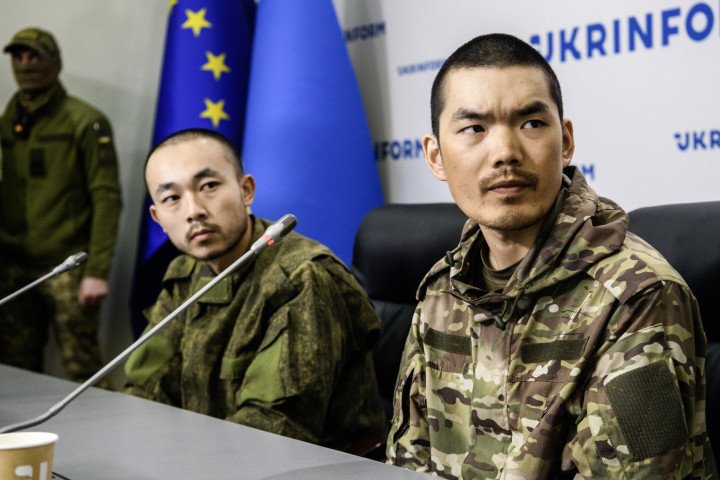
“Some Chinese platforms advertise to come fight for Russia,” said Guangjun in a press conference in Kyiv, “like TikTok”. He described the videos as highly produced, making the opportunity to fight for Russia appear attractive.
“I saw a nicely made TikTok video and started asking how I might be able to join,” Guangjun said. He soon began speaking with a recruiter. In China, serving in the armed forces is considered prestigious, Guangjun explained, which fueled his interest.
According to Ukrainian President Volodymyr Zelenskyy, Beijing is aware of such recruitment videos.
“It’s not covert recruitment,” said Zelenskyy in a press conference, “that matters.” He added that covert efforts likely also exist to recruit Chinese and other foreign nationals into Russia’s army.
Guangjun and Renbo’s stories reveal just how far the effects of online propaganda can reach and how quickly interest can turn into enlistment. Guangjun outlined his journey from China to Ukraine, claiming recruiters misled him.
“As a rule, [Russians] use intermediaries, specifically foreigners, to recruit their armed forces,” Guangjun said. He claims he did not intend to participate in combat but was sent to the frontlines regardless.
Both Guangjun and Renbo said they were promised free travel expenses by their recruiters.
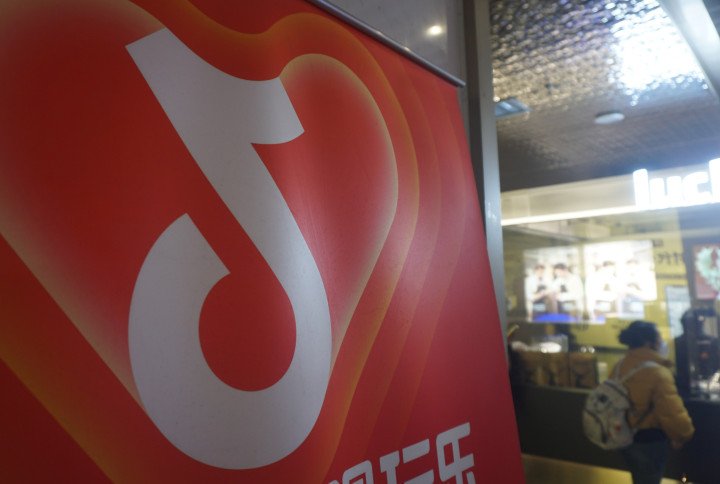
Guangjun described arriving in Moscow at the beginning of the new year, where he stayed in a four-star hotel for four days, expenses covered by the recruiter. He ate, drank, and enjoyed the city before being sent to Rostov-on-Don.
Upon arrival in Rostov-on-Don, Guangjun said he underwent five days of training before being deployed to combat positions in Donetsk on April 1, 2025.
Renbo, meanwhile, arrived in Moscow on December 20, 2024. After one week in the capital, he too was moved to Rostov-on-Don on December 28.
In Rostov-on-Don, Renbo says he was issued a banking card loaded with 200,000 rubles (roughly $2,400). However, he was not able to use the card and had to ask a friend, another Chinese national, to help him to load money onto his telephone to call family members back home. Later, Russian soldiers allegedly took his card under the pretense of paying for fuel.
Both men describe an experience shaped by isolation, vague promises, and escalating fear.“In general, foreigners were kept separately,” Renbo said. Guangjun added that within his unit of 10 soldiers, two were Chinese citizens.
While North Korean soldiers fighting for Russia have reportedly been instructed to commit suicide rather than be captured as a prisoner of war, Renbo and Guangjun claim they were given no such order.
“There were no instructions to that effect,” explained Wang. “But we were told [by Russians] we could face a violent death [in Ukraine] if taken prisoner.”
What began with TikTok ended with gunfire and drones
Renbo described being deployed in a dugout near a small village in Donetsk. On April 8, 2025, Ukrainian forces began bombarding their position. After fleeing, he walked 2.5 kilometers to a destroyed village, hearing the “droning” of UAVs overhead.
There, he spotted a soldier but couldn’t tell whether they were Russian or Ukrainian. His fellow soldier attempted to contact their commanding officer, but communication had been lost. A drone overhead dropped two bombs — one after another.
Renbo survived the strikes but was later captured by a Ukrainian soldier. He maintained he never killed any Ukrainian soldiers and that the first Ukrainian soldier he encountered was the one who detained him.
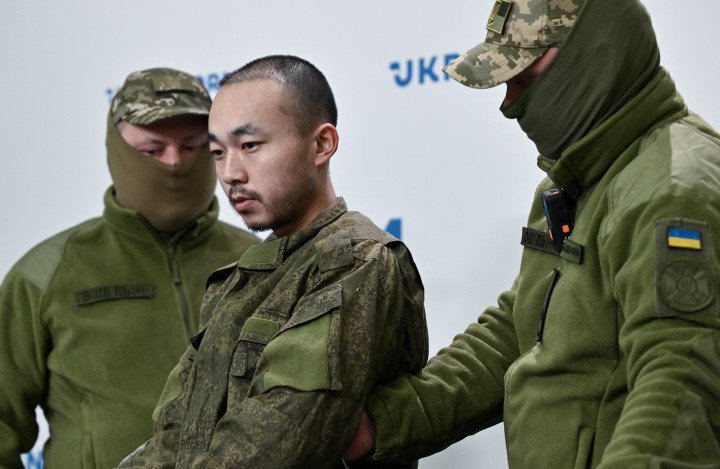
Guangjun’s capture story differed slightly. He says his unit had been without food and water for days when their position came under attack and a fellow soldier was wounded.
A drone appeared overhead, guiding them toward an unknown direction."I hoped my mom would save me by the river,” Guangjun said. “That was my only thought.”
Eventually, the drone led them to a Ukrainian position, where Guangjun says they were given food, water, and medical care. For Guangjun, the end of his journey came not with glory — but with surrender.
China’s response
Their capture has put China in an awkward position — diplomatically quiet, yet increasingly implicated.
The Chinese government has previously warned its citizens against joining foreign wars, urging them to “stay away from areas of armed conflict.” As of late April, Beijing had not publicly commented on the capture of the two Chinese POWs.
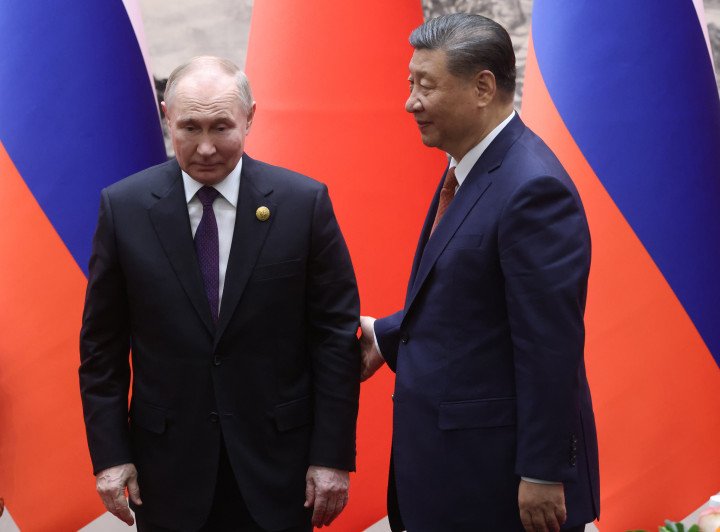
“For our compatriots thinking about fighting in this war — don’t do it,” Guangjun urged. “Russia is not as strong as it says, and Ukraine is not as weak.”
Both Guangjun and Renbo have yet to be approached by international organizations willing to assist them in returning home. These aren’t isolated incidents — they may be part of a broader trend.
Why it matters
The presence of North Korean soldiers fighting for Russia, particularly in the Kursk region, has been well documented during the war. The emergence of Chinese nationals now raises fresh concerns about escalation.Until now, China has publicly maintained a neutral stance regarding Russia’s invasion of Ukraine.
“In China, there is a friendship with Russia,” said Renbo. “So people trust it.”It is perhaps this trust — along with promises of high pay and low risk — that has encouraged foreign nationals from China, Africa, and other regions to join Russia’s forces.
Both prisoners of war emphasized they have no ties to the Chinese state and had no prior military experience. They hope their testimonies will lead to their safe return home — though their fate remains uncertain.
“In China, according to the law, fighting in a foreign army is a crime,” said Renbo.Both men admit they do not know what will await them if they are sent back.
-fca37bf6b0e73483220d55f0816978cf.jpeg)

-605be766de04ba3d21b67fb76a76786a.jpg)
-2c683d1619a06f3b17d6ca7dd11ad5a1.jpg)


-661026077d315e894438b00c805411f4.jpg)
-46f6afa2f66d31ff3df8ea1a8f5524ec.jpg)